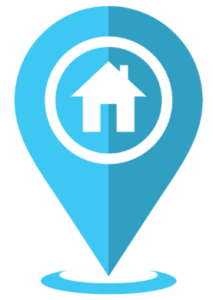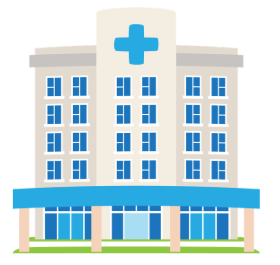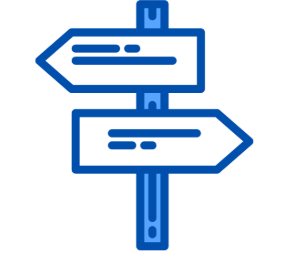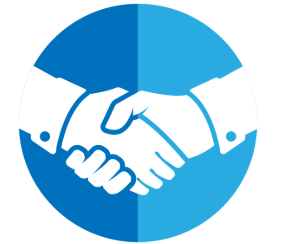
Hosted by the South Thames Paediatric Network, in collaboration with Evelina London. Funded by Evelina London Charity, on behalf of the Tony Hudgell Fund
Some children and young people have conditions like Cerebral Palsy, Brain Injury, or other neuro-disabilities that affect how their muscles work. These conditions can cause muscle tightness or stiffness, which can make it harder for your child to move, sit, walk, or do everyday tasks. This muscle tightness is sometimes called hypertonia, spasticity, or dystonia.
If your child finds that their muscles feel tight or hard to control, or if their body doesn’t always do what they want it to do, they may have hypertonia.
Right now, there are no consistent standards across the NHS for how children with neurological movement disorders should be treated. This means that the care families receive can vary, depending on for example, where they live.
We want to improve services to:
Make sure children and young people get the right care at the right time, without needing to travel too far.
Help children and young people live their best life, by ensuring they can access tone management treatment(s) from skilled professionals, when they need it.


Develop agreed standards of care across South London and South East England, so that children and their families in the region can access consistent and high-quality support

Improve pathways of care so that children and families know what to expect and where to go for help

Understand how different services (local GPs, hospitals, and specialist centres) can work better together to support children and their families.
To achieve this, we will be engaging with people across different levels, including doctors, nurses, allied health professionals, clinical commissioning bodies and vitally, children with neurological movement disorders and their families.
Parents often know their children best, and can tell us what is working and what is not. Your views will help us decide what really matters when it comes to your child’s quality of life, such as being able to participate in daily activities, attend school, and spend time with family. By sharing your experiences, you can help shape services that are better designed to meet the needs of children with neurological movement disorders.